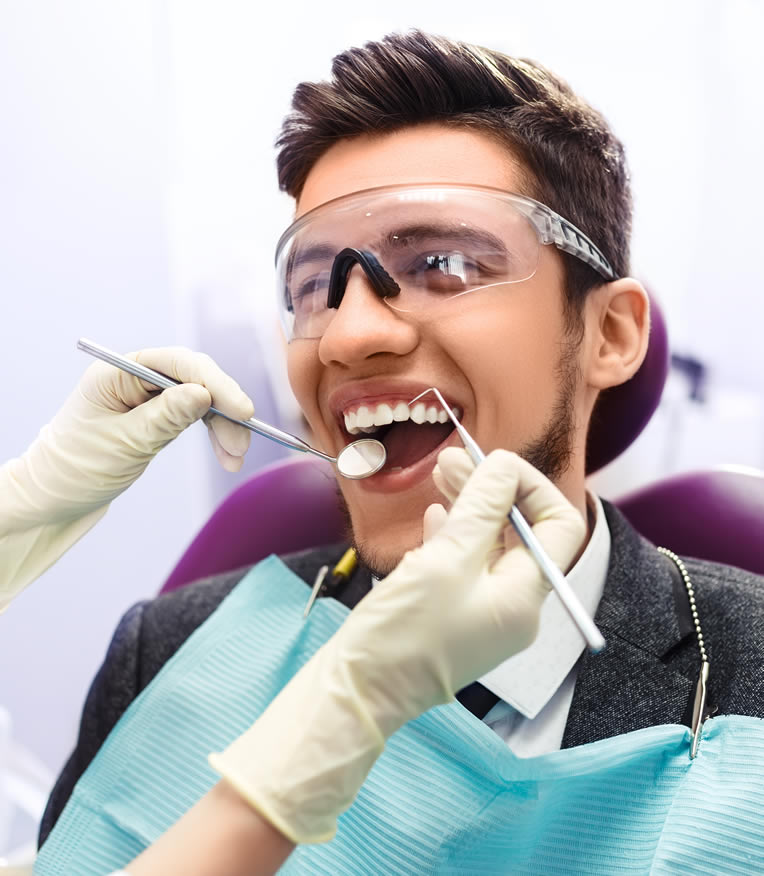Did you cancel or put off important preventive care in the last year?
We provide a full spectrum of dental care for you and your entire family at our Canyonlands Healthcare locations in Beaver Dam, Page and Safford. We offer care to all patients and accept most insurances including AHCCCS. We also offer a reduced payment program for self-pay patients based on household income and family size.
When You Delay Dental Care
Poor oral hygiene can have adverse effects on the mouth, leading to bad breath, cavities, tooth abscesses and infections, and the loss of teeth. Gum disease (gingivitis) happens when plaque, a naturally-occurring sticky film containing bacteria builds up on teeth and causes the inflammation of the surrounding gum tissue.
If you fail to maintain your oral hygiene you are putting yourself at greater risk for cavities, which can eventually lead to the need for a root canal or total tooth replacement.

Did you know that AHCCCS covers routine dental care for all members under the age of 21? Learn more here.
5 Tips for Preventative Care
-
- Brush teeth regularly. Help your children brush their teeth two times a day for two minutes each time. Change your toothbrush every 3 months.
- Flossing is as important as brushing. Both Waterpiks and flossing are good ways to take care of teeth and gums, in addition to brushing. The ADA recommends brushing twice a day and cleaning in between the teeth once a day.
- Use toothpaste with fluoride. While fluoride has come under scrutiny by those worried about how it impacts other areas of health, this substance remains a mainstay in oral health. This is because fluoride is a leading defense against tooth decay. It works by fighting germs that can lead to decay, as well as providing a protective barrier for your teeth.
- Don’t go to bed without brushing your teeth.
- Avoid sugary foods and junk food. Sugar and other foods that stick in the teeth (like chips, cookies, and crackers), increase the risk of cavities.
Effects of Smoking on Oral Health
Research shows that smokers are seven times more likely to suffer from gum disease than people who don’t smoke.
Smoking leads to the following dental problems:
- Bad breath
- Tooth discoloration
- Inflammation of the salivary gland openings on the roof of the mouth
- Increased buildup of plaque and tartar on the teeth
- Increased loss of bone within the jaw
- Increased risk of leukoplakia, white patches inside the mouth
- Increased risk of developing gum disease, a leading cause of tooth loss
- Delayed healing process following tooth extraction, periodontal treatment, or oral surgery
- Lower success rate of dental implant procedures
- Increased risk of developing oral cancer






